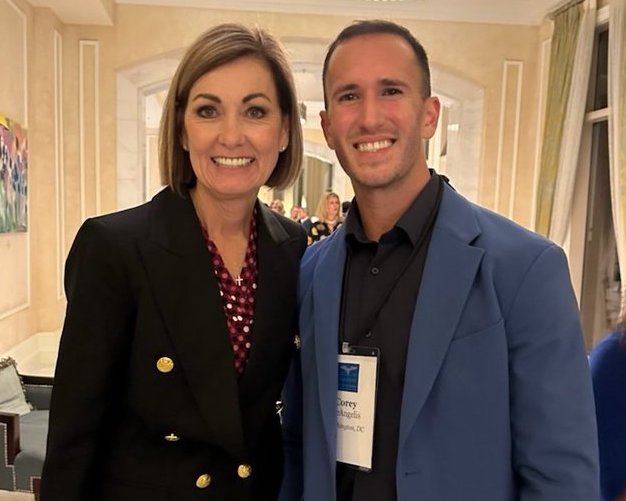Spring wildflowers are exploding, Iowa’s longest drought in decades is abating, and Bleeding Heartland’s wildflowers series returns today for its thirteenth year.
As grateful as I am for the rain, the warm, wet spring weather is boosting some invasive plants as well as native ones. I’ve pulled up enough garlic mustard over the past couple of weeks to fill several garbage bags, but I’ve hardly made a dent in the wooded area closest to our Windsor Heights home. Something blooming out there is triggering my spring allergies as well.
Emily Bredthauer gave me permission to publish a selection of photos she took in April and May at Margo Frankel Woods State Park in Polk County. I’m always excited to share images of a plant I’ve never seen before, and Emily was fortunate to find some naked broomrape (Orobanche uniflora), an unusual parasitic plant shown above, and in a few pictures below.
Please let me know if you would like to write a guest post for this series, either featuring one kind of plant or a selection of wildflowers seen in one location. This Iowa wildflower Wednesday archive is alphabetized by common name of the plant. Last year I compiled links to previous posts featuring many plants encountered during visits to parks, prairies, natural areas, or trails.
Continue Reading...



















